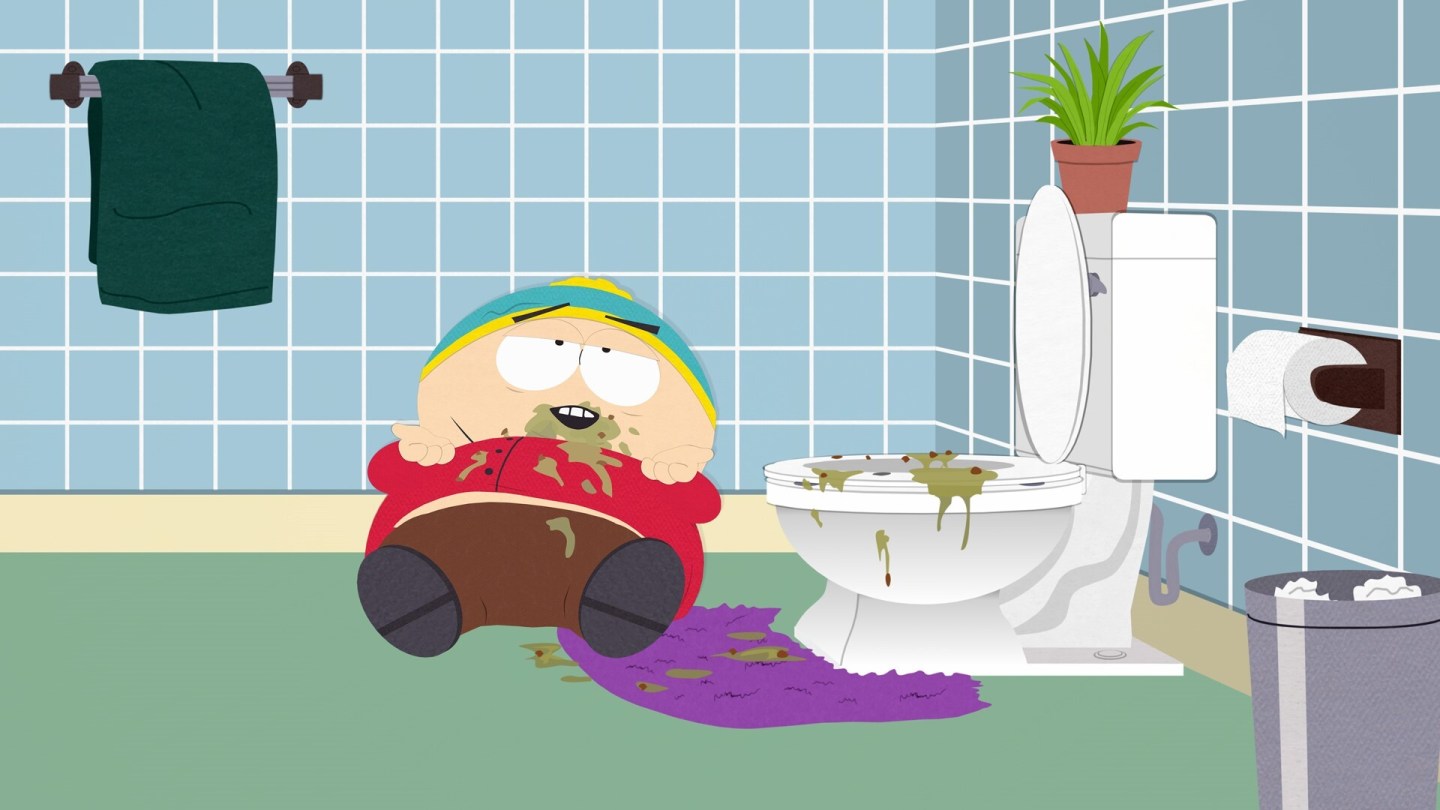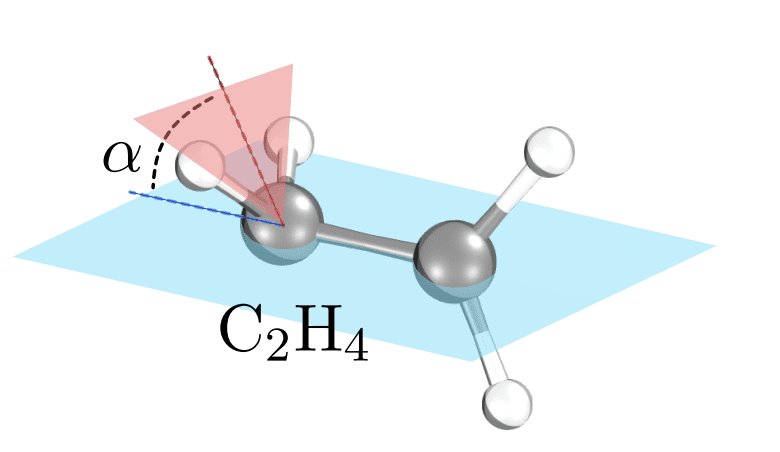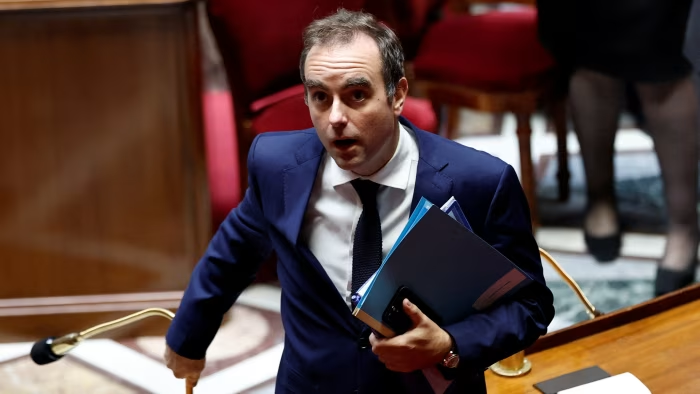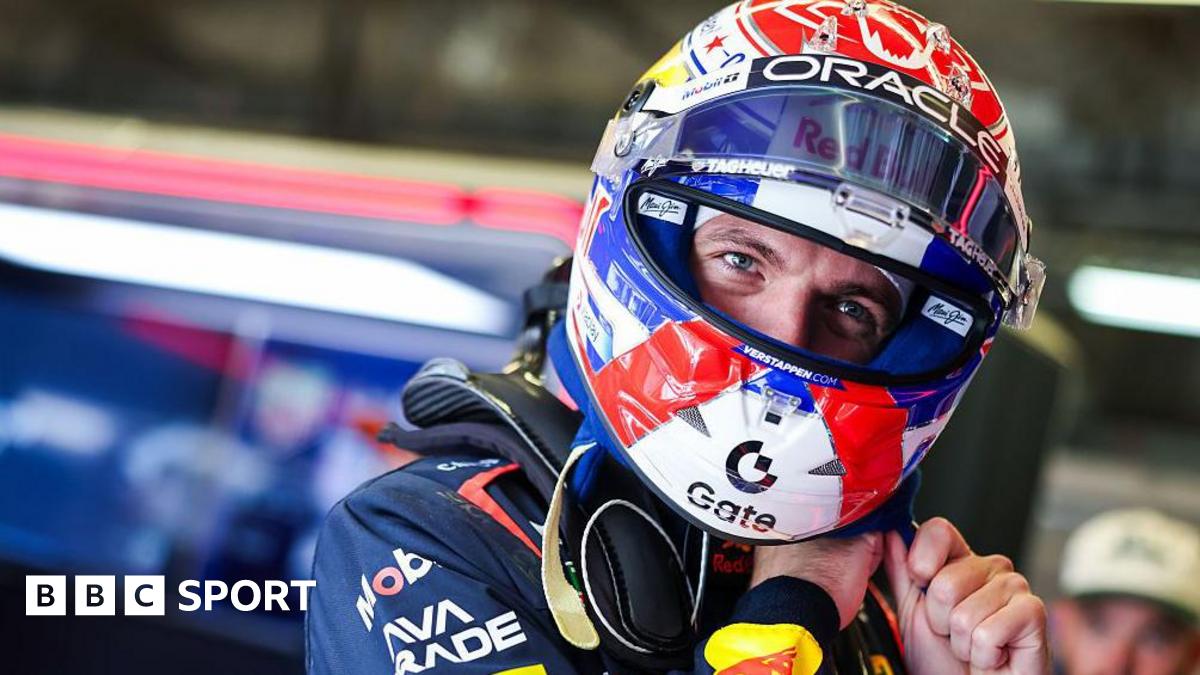TikTok comedian Steve Bridges has died at age 41, his wife confirmed on social media Friday.
Chelsey Bridges said her husband of 16 years, known for creating and portraying various characters in comedy skits online, died Oct. 15. She did not…

TikTok comedian Steve Bridges has died at age 41, his wife confirmed on social media Friday.
Chelsey Bridges said her husband of 16 years, known for creating and portraying various characters in comedy skits online, died Oct. 15. She did not…

This year’s episodes of South Park have brought a resurgence of the franchise. Season 27 of the beloved series is a ratings bonanza for Comedy Central, as well as a creative triumph for its showrunners, Trey Parker and Matt Stone, and a…

From California’s epic car culture to New York’s underground street scene, America’s vast road network — the world’s largest — sees everything from minivans to muscle cars, and in the middle of this is the Celebrity Car Museum, where,…

This article first appeared on GuruFocus.
CoreWeave (NASDAQ:CRWV) is beefing up its leadership bench, naming Jon Jones as its first-ever chief revenue officer and he’s bringing serious experience to the table. Jones has worn many hats, from startup founder to Amazon executive, where he most recently led the tech giant’s Global Startups and Venture Capital division. Before that, he served as VP of Go-to-Market, Products & Services.
Alongside the hire, CoreWeave also made it clear it’s not backing down from its $9 billion bid to acquire Core Scientific (NASDAQ:CORZ). In an open letter to Core Scientific shareholders, the company urged a yes vote on the proposed deal and reiterated that the terms remain unchanged, even after some investor pushback earlier this month.
Core Scientific will hold a special meeting on October 30, 2025, to decide on the merger a vote that could reshape both companies’ positions in the booming AI data infrastructure market. CoreWeave shares slipped 1.1% after hours to $140.12 following the announcement.

The Oscar-winning documentary No Other Land is to be self-released on US streaming platforms next week after a rejection of a Mubi offer.
The film, which follows the forced displacement of Palestinians from their homes in Masafer Yatta by Israeli…

Quantum phase estimation, a fundamental technique for determining the energy levels of complex systems, traditionally focuses on individual states and demands precise input preparation. Researchers Stefano Scali and Josh Kirsopp, both from…

Unlock the Editor’s Digest for free
Roula Khalaf, Editor of the FT, selects her favourite stories in this weekly newsletter.
Standard & Poors on Friday cut France’s credit rating on expectations that its debt will rise higher than previously anticipated in the coming years, heaping pressure on Prime Minister Sébastien Lecornu’s budget plans.
S&P is the third rating agency to downgrade France in about a month, and comes just days after Lecornu secured a fragile government at the expense of pausing President Emmanuel Macron’s proposed pensions reforms.
Lowering France’s credit rating from AA- to A+ with a stable outlook, S&P said it expects France would succeed in hitting its 5.4 per cent budget deficit target for this year. But “in the absence of significant additional budget deficit-reducing measures, the budgetary consolidation over our forecast horizon will be slower than previously expected,” it said late on Friday night.
With the spread between French and German bonds widening in recent weeks, the downgrade is likely to further increase France’s borrowing costs.
The agency said it expects government debt to reach 121 per cent of GDP in 2028, compared with 112 per cent of GDP at the end of last year. It expects conditions in the Eurozone’s second-largest economy to remain uncertain ahead of hotly anticipated presidential elections in 2027.
France was plunged into political crisis when President Macron called and lost snap elections in June 2024, producing no clear majority in parliament. Lecornu is his fourth different prime minister since the vote, with his predecessors being voted out by opposition groups over disagreements on how to handle France’s ballooning public debt pile.
Lecornu — a close ally of Macron — resigned from the post of premier and was reappointed in the space of a week, highlighting France’s deepening political instability.
He survived his first confidence votes on Thursday thanks to an abstention of most of the centre-left Socialist party, but the result came at the cost of suspending Macron’s landmark structural reform on pensions. The freeze will cost €400mn in 2026 and €1.8bn the following year.
Ahead of the votes, Lecornu argued with opposition parties to allow his government to pass a budget to bring the deficit to below 5 per cent next year.
He urged lawmakers to negotiate over his proposed €30bn package of tax rises and spending cuts rather than resorting to more challenges to his premiership.
S&P said the 2027 election “casts doubt” on whether France will be able to implement fiscal consolidation measures in the medium term — or whether the country would achieve the 3 per cent of GDP budget deficit target by 2029 it had pledged to the EU.
Reacting to the downgrade, finance minister Roland Lescure said it was “now the collective responsibility of the government and parliament to adopt a budget that meets this [5.4 per cent] target before the end of 2025”.

Piastri had looked to be struggling compared with Norris since the start of practice and was a good chunk off the Briton in all three qualifying sessions.
Norris said: “Disappointed not to be on pole but not a surprise for us to be just a bit…